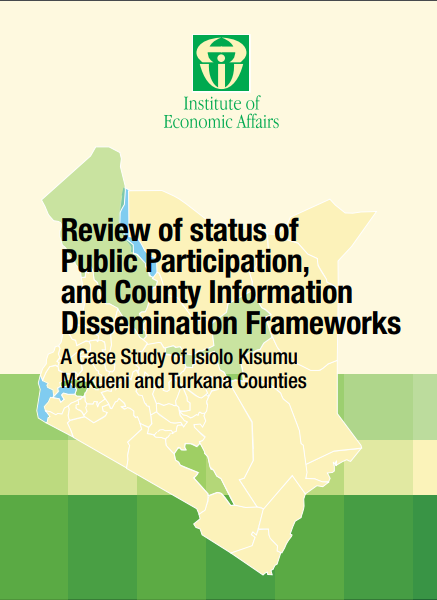Overview of urban land as a commodity in South Africa: research findings and recommendations
Urban land can be defined as a commodity that is traded or as a right that is used to obtain access to urban amenities. Both are important components of urban land. Land is considered to be a commodity when it is bought and sold freely and a right to which all members of society should have access whether they are rich or poor. This report provides an analysis of both the formal and informal property markets for urban land in South Africa.



